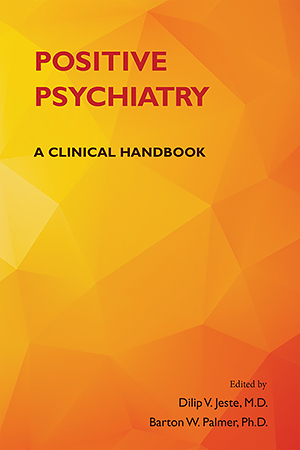Chapter 11.Preventive Interventions
Sections
Excerpt
In traditional medicine, if a patient goes to a physician for treatment of a rat bite, the physician cleans the bite, dresses it, gives antibiotics, and administers a tetanus shot. The physician who is also practicing public health would give our imaginary patient the same treatment but would go a step further; he or she would arrange for someone to go into the patient’s community and set rattraps. Accordingly, in this chapter, I discuss principally psychiatric prevention interventions and psychiatric public health for individuals and populations.
Access content
To read the fulltext, please use one of the options below to sign in or purchase access.- Personal login
- Institutional Login
- Sign in via OpenAthens
- Register for access
-
Please login/register if you wish to pair your device and check access availability.
Not a subscriber?
PsychiatryOnline subscription options offer access to the DSM-5 library, books, journals, CME, and patient resources. This all-in-one virtual library provides psychiatrists and mental health professionals with key resources for diagnosis, treatment, research, and professional development.
Need more help? PsychiatryOnline Customer Service may be reached by emailing [email protected] or by calling 800-368-5777 (in the U.S.) or 703-907-7322 (outside the U.S.).



